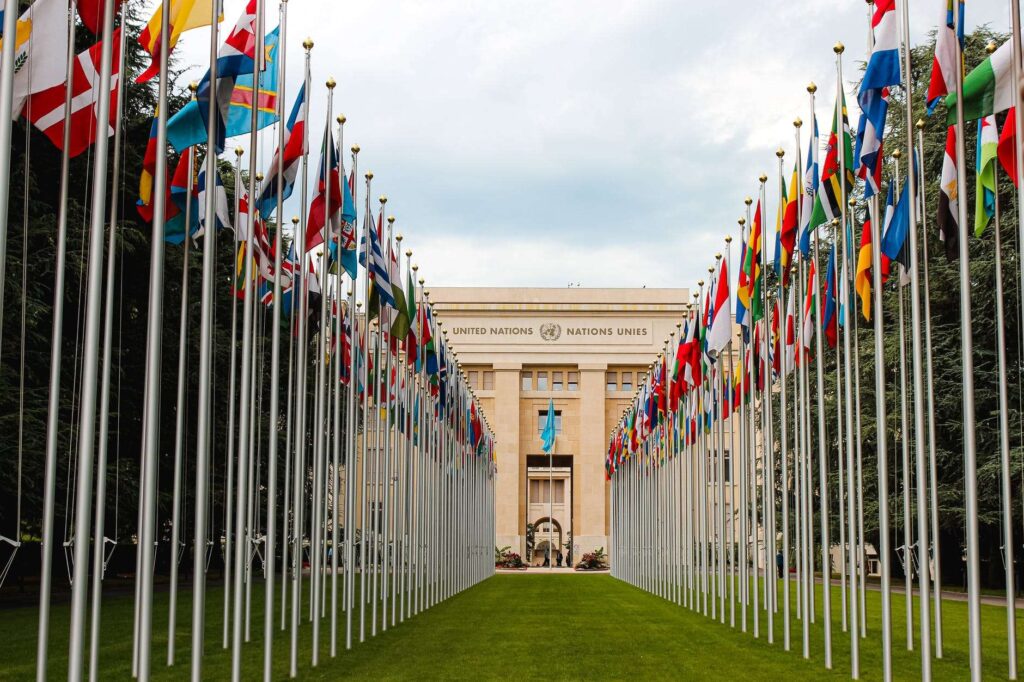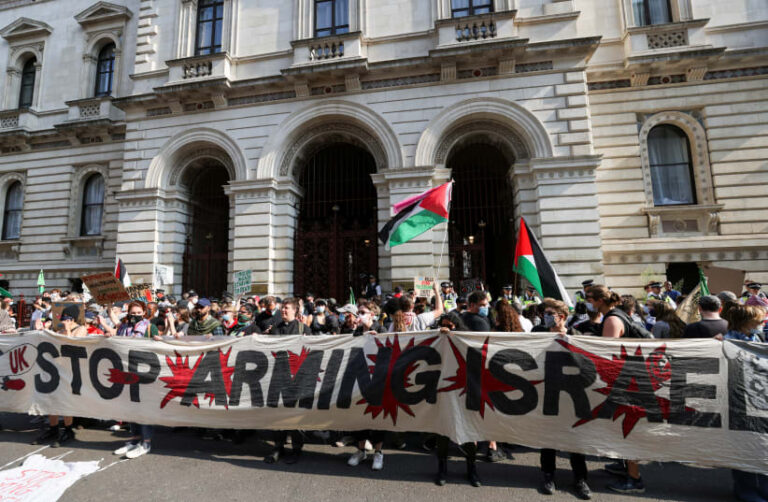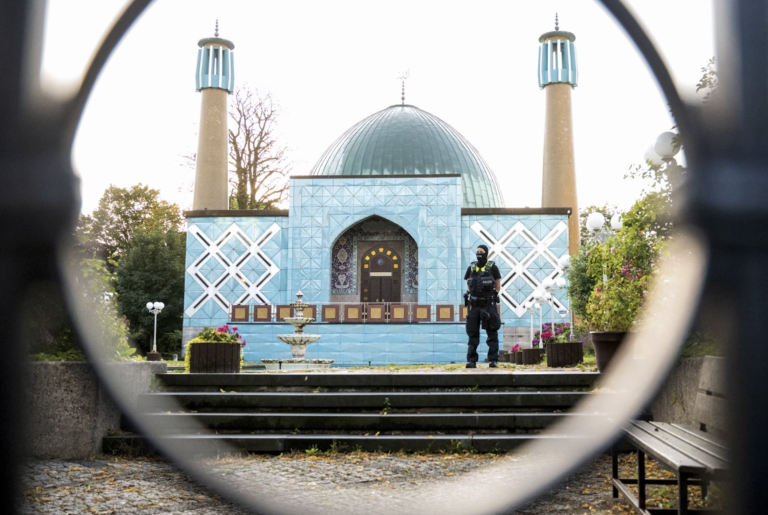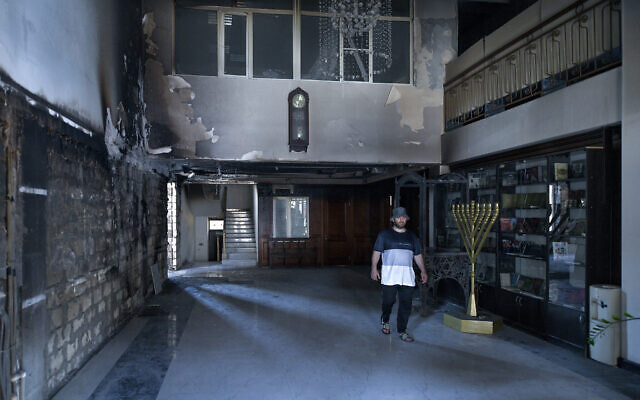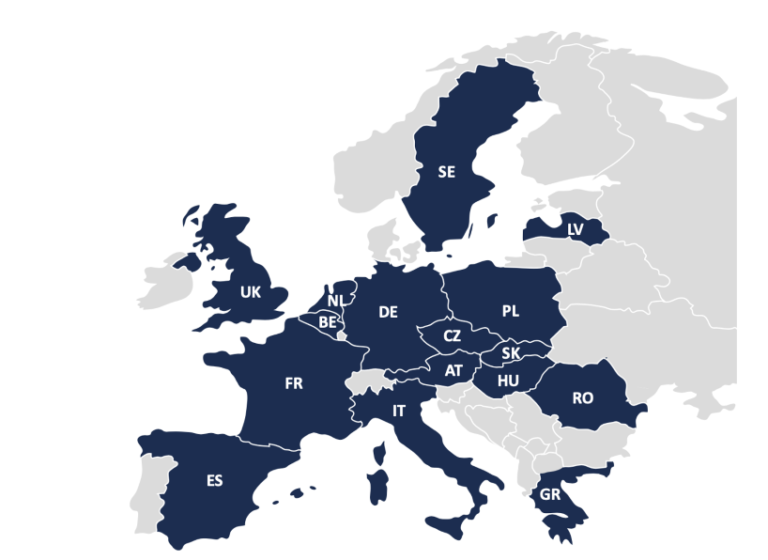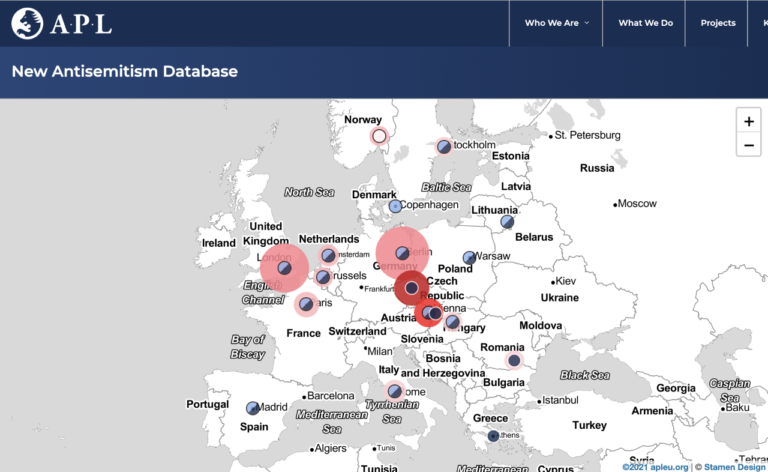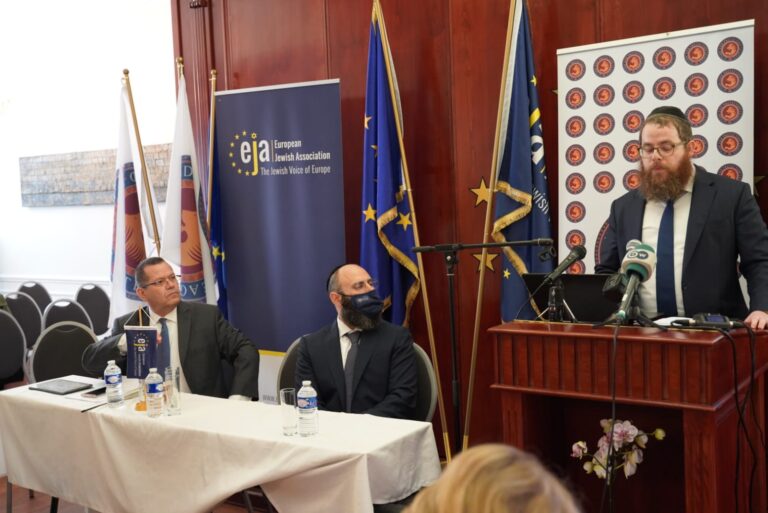The United Nations was supposed to convene a meeting next week in Spain to unveil its plan to combat antisemitism. However, the meeting was postponed due to stark disagreement over the contents.
The United Nations was supposed to meet with Jewish leaders and global antisemitism envoys in Cordoba, Spain, next week to unveil its plan to combat antisemitism. However, it was postponed due to major disagreements over the contents of the draft plan, which would give equal weight to the IHRA, Nexus and Jerusalem Declaration definitions of antisemitism, reports the JNS.
A letter was sent to would-be participants on June 9, stating that after careful consideration, the decision was made to postpone the meeting to spend more time finalising the draft „to ensure the action plan is inclusive and benefits from the inputs of all stakeholders.” The meeting will now be held in September.
The document, which circulated two weeks ahead of the meeting, received harsh criticism, and according to a U.N. spokeswoman, they are still receiving feedback and recommendations, which they are „keen to incorporate” into the plan.
According to the Jewish News Syndicate (JNS), which received a confidential copy, the draft plan gives equal weight and mention to competing antisemitism definitions—the widely-accepted International Holocaust Remembrance Alliance (IHRA) working definition, as well as the Nexus definition and Jerusalem Declaration.
The Nexus definition states, in part, that „paying disproportionate attention to Israel and treating Israel differently than other countries is not prima facie proof of antisemitism.” In contrast, the Jerusalem Declaration states, in part, that „singling out Israel as uniquely colonial or apartheid, and saying that Israel has no right to exist, are not, ‘in and of themselves,’ antisemitic.”
„The existence of controversy over the definition should not defeat the purpose and significance of this action plan,” the draft states, and „as with other forms of hatred and intolerance, definitions change over time.”
Member states are asked to formulate an acceptable antisemitism definition in the draft plan without the United Nations taking a position. In recent weeks, anti-Israel groups have written to the international body, asking it not to adopt the IHRA definition.
David Michaels, director of United Nations and Intercommunal Affairs at B’nai B’rith International, said, „It is also obviously vital that U.N. leaders speak out when individuals within the U.N. system express sentiment that crosses the line,” and also that the international body does not support those who misrepresent the IHRA definition by claiming that it stifles legitimate debate about Israel, adding that „no initiative to fight antisemitism would be a serious one if it doesn’t honestly address prevalent contemporary forms, including virulent anti-Israeli and anti-Zionist hatred.”
The draft plan recommends a zero-tolerance policy for antisemitism. It includes bias training, a global campaign to deconstruct stereotypes of Jews and several recommendations to U.N. member states, such as investing in antisemitism and Holocaust education and designating special envoys on the topic.
